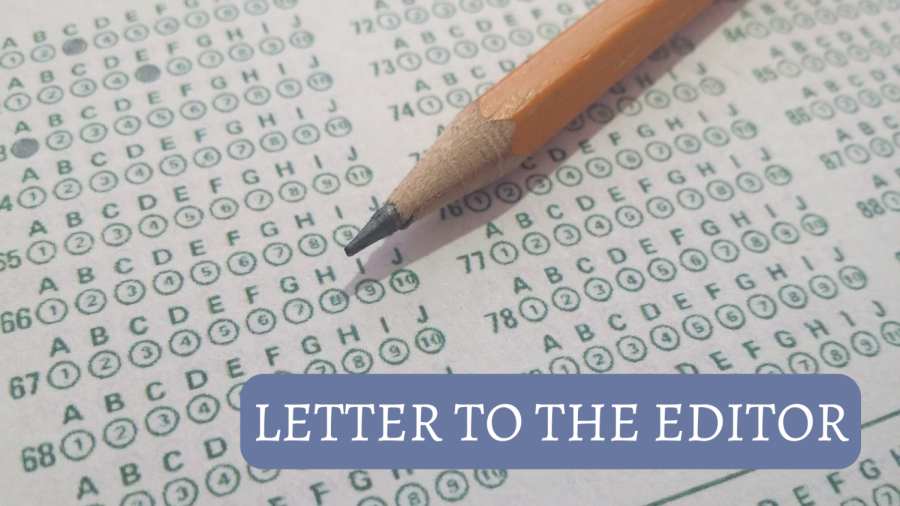It is no secret that the use of electronic cigarettes has grown to be a prominent issue in high schools across the world. Even at Taipei American School—where e-cigarettes are not only against school policy but illegal—the number of students who can be found using the devices is on the rise.
Since there are strict prohibitions on e-cigarettes, it would be nearly impossible for The Blue & Gold to get someone from the TAS community to go on record to discuss the issue of smoking. That being said, I feel it is important to remind students why “Juuling” is a major problem, even if no one wants to speak on the topic.
The trend of puffing on vape devices at TAS is no longer identified as e-cigarettes. Instead, most people in our school refer to smoking e-cigarettes with the word “Juuling,” taken from the brand name of one of the most popular types of e-cigarettes. This identification alters the entire image of e-cigarettes as it creates a false reputation of safety for the devices.
“The name doesn’t sound as bad to many people because they’ve turned it into a verb,” Upper School Principal Mr. Lowman said. “Students think that it’s not smoking because it’s not a ‘cigarette’ it’s just ‘juuling’, and to many of them it sounds cool.”
As an Upper School student, I find it baffling that so many of my peers are oblivious to the very real health complications of “Juuling.” Essentially, there are few differences between smoking e-cigarettes and traditional cigarettes.
In both cases, users are inhaling a product of tobacco and injurious chemicals into their lungs for a spike of nicotine. Nicotine only takes a few seconds to get to the brain after inhaling, and can quickly attach itself to receptors that control levels of dopamine in the body. Dopamine plays a role in the brain’s reward system as it can chemically make a person feel a high, helping to reinforce whatever behavior lead to that “feel good” moment. Every time a person smokes—or “Juuls”—they are making themselves feel good, yes, but they are also reinforcing the behavior that lead them to that feeling. Thus, making them crave the high again later.
In my eyes, teens that are “Juuling” are just as bad as teens that are smoking. According to the United States National Institute on Drug Abuse (NIDA), high school students who use e-cigarettes once are seven times more likely to smoke cigarettes six months later. Therefore, a TAS student that experiments with a Juul can potentially develop a severe nicotine addiction, just like any other form of nicotine consumption such as smoking.
Health concerns are far from being the only complications our fellow TAS students must consider. Taiwan law states that e-cigarettes are a violation of Article 14 of the Tobacco Hazards Prevention Act. Thus, any student who is caught smuggling an e-cigarette into Taiwan can be sentenced to a hefty fine (depending on how many devices were smuggled), or, in worse cases, prison.
However, teens cannot be completely held accountable for the widespread attraction to “Juuling”. As part of the age group Juul specifically targets, I believe that from external to internal designs, Juul has designed its products to attract adolescents.
By creating a design almost identical to seemingly innocent USB ports, Juul condones young teens hiding their e-cigarette devices from parents and teachers. “For adults who are oblivious to the ongoing trend, it is hard to identify a Juul as an e-cigarette,” Upper School Principal Mr. Andrew Lowman said.
This accessibility allows Juul to cultivate a naive group of young consumers that can easily become addicted to their products. In short, Juul profits from the exploitation of teens.
Being an e-cigarette company looking for profit, it is easy for me to see why Juul would target daring teenage students. According to another NIDA study, brain development during the teenage years are at the most risk for long-lasting nicotine addictions. Hence, marketing nicotine-based e-cigarettes to young teens means higher chances of an addiction. Which, in turn, will raise both the demand for Juuls and number of returning consumers.
Unfortunately, “Juuling” is too often preceded by the words “fun” and sometimes even “harmless”. The constant research and precautions that present clear indications that juuling is hazardous are constantly veiled behind ignorant teens longing to create a facade of being cool. So, from one high school student to another, I want to tell the TAS student body to not be a fool, and lose the Juul.

![[PHOEBE CHEN/THE BLUE & GOLD]](https://blueandgoldonline.org/wp-content/uploads/2019/11/Juuling-Infographic.png)
![The snack bar serves different lunch
boxes everyday. [AIDEN SHEN/THE BLUE & GOLD]](https://blueandgoldonline.org/wp-content/uploads/2023/12/Price-849x1200.jpeg)
![The live-action remake of Snow White from Disney is projected to release in March of 2024. [LOGO COURTESY OF THE WALT DISNEY COMPANY/WALT DISNEY].](https://blueandgoldonline.org/wp-content/uploads/2023/11/unnamed-1200x848.png)



